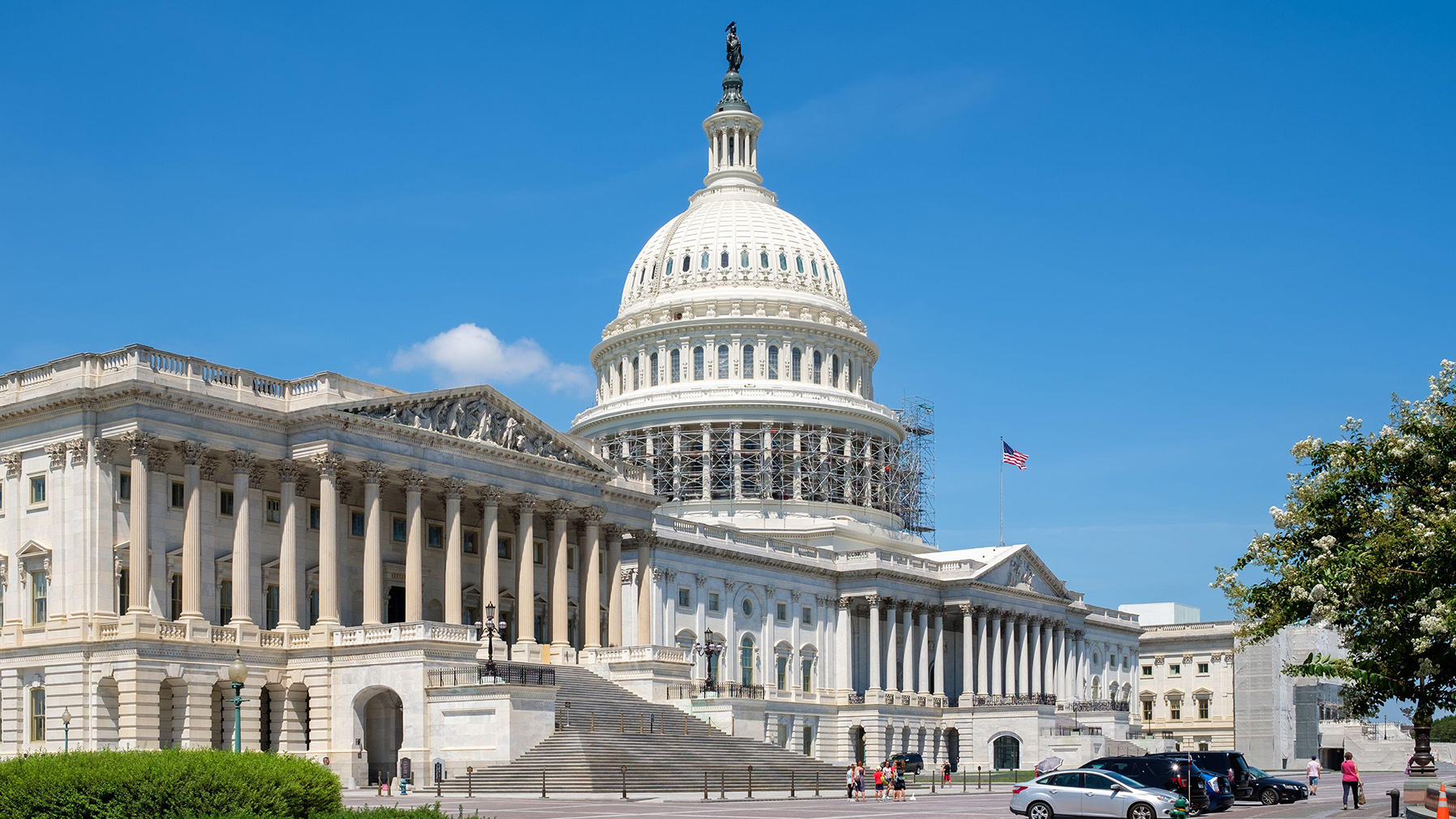
October 30, 2023 at 04:39PM
The US Cybersecurity and Infrastructure Security Agency (CISA) may face budget cuts if efforts to combat disinformation about US elections continue. Cuts could affect CISA’s ability to defend federal networks and aid critical infrastructure against cyberattacks. Cuts would hinder progress in handling increasing attacks, but CISA has been successful in outreach efforts and improving cybersecurity. A lack of funds could impact vulnerability management and open-source software security. CISA’s progress is significant but uneven across sectors, and funding cuts would be detrimental to national cybersecurity. CISA is also facing opposition due to its involvement in combating election disinformation. Retaining cybersecurity professionals is another challenge facing CISA. Funding and staffing are critical to continue addressing cyber threats effectively.
Key takeaways from the meeting notes include:
1. The US Cybersecurity and Infrastructure Security Agency (CISA) is facing budget cuts that could impact its abilities to defend federal networks and aid critical infrastructure operators against cyberattacks. This is due to efforts to combat disinformation about US elections, which some lawmakers believe encroach on free speech.
2. CISA has been successful in its outreach and collaboration with private industry, software makers, and cybersecurity firms. It releases advisories and guidance documents regularly and has been instrumental in improving the security of open source software.
3. The agency has a history of bipartisan budget increases but may face a reversal of funding trends if budget cuts occur. The Biden administration has requested $3.1 billion for CISA in 2024.
4. CISA has faced challenges in overcoming bureaucratic cultures and a tight cybersecurity labor market. The Government Accountability Office suggests that the agency could improve its critical-infrastructure protection efforts and cybersecurity services.
5. The impact of budget cuts on CISA’s cybersecurity advisories, vulnerability management, and open source software security is uncertain, but it could potentially slow down the agency’s programs and affect security teams reliant on CISA’s work.
6. CISA’s progress among federal agencies and critical infrastructure sectors is uneven, with some sectors lacking cybersecurity resources. CISA’s role in protecting sectors like healthcare is crucial, especially in light of increasing ransomware attacks.
7. Some members of Congress oppose CISA’s involvement in combating election disinformation, seeing it as a threat to First Amendment principles. This debate has shifted focus away from CISA’s primary mission of critical infrastructure protection.
8. In addition to budget challenges, CISA also faces difficulties in hiring and retaining cybersecurity professionals. Adequate funding is necessary to address this issue and fill the workforce gap.
9. CISA’s future success will depend on its ability to anticipate and proactively address cyber threats, requiring an integrated data environment, collaborative efforts, and a well-trained cyber workforce.